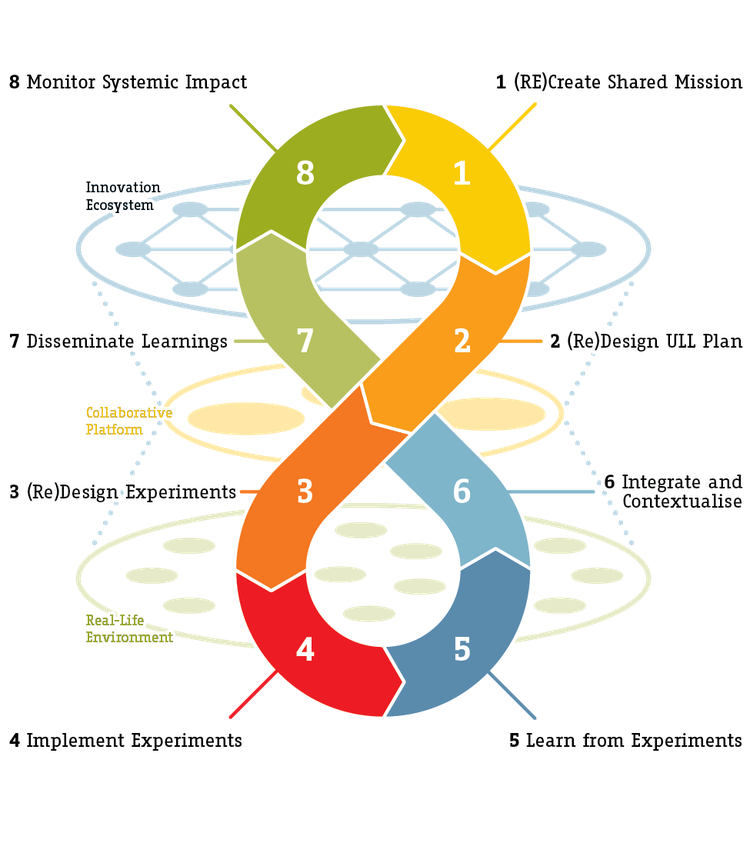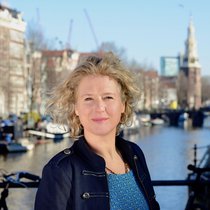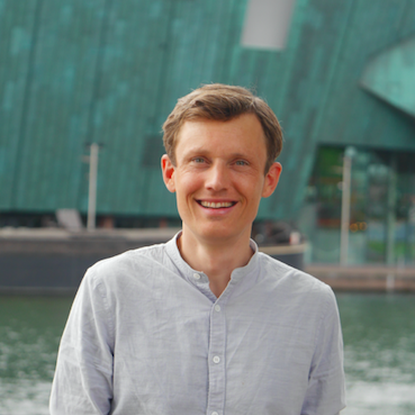Urban Living Labs unite governments, businesses, researchers, and citizens to co-create and test in real life. Together, they work on sustainable innovation that strengthens the entire city. The AMS Institute’s Urban Living Lab Way of Working offers a structured yet flexible approach to experiment, learn, and scale what works.
Why Living Labs?
Many of today’s most pressing challenges, such as climate change, inequality, and ecological breakdown, take place in complex urban environments. Tackling these challenges effectively requires a collaborative, interdisciplinary approach that involves key actors from academia, government, business, and society. This is essential to understand these challenges and to develop effective solutions. Urban Living Lab methods and tools support actors in co-creating, testing, validating, and replicating innovative solutions. This is especially relevant in a context where, given the complexity of the challenges, the solution cannot be predicted. Urban Living Labs may offer a safe space for innovation where solutions can be developed and tested in real-world settings before being replicated.
What are Living Labs?
We define Urban Living Labs as real-world settings where relevant and affected local stakeholders, including citizen groups, the private sector, government and academia, co-create, test and prototype innovative solutions addressing complex urban challenges. Following an iterative process, Urban Living Labs enable experimenters to develop and validate innovations, fostering informed decision-making and the creation of feasible, responsible, replicable and scalable solutions.
Living Labs focus on long-term livability through urban experimentation and transformation. Examples include reusing materials in street, quay, or bridge construction, developing more efficient circular hubs, or using smart data analysis for effective waste/resource management. Living Labs are more than local experiments: they form an innovative ecosystem where diverse partners collaborate on sustainable change in urban areas far beyond the borders of Amsterdam.
By connecting innovations to the wider urban system, Living Labs help cities move from individual solutions to integrated, lasting transformations that make urban environments more resilient, regenerative, and just.
“Our living lab way of working is a means to an end: making Amsterdam and other cities more resilient, regenerative and just. To actually change the city, we need a smart and effective method. For this we have a handbook, that we use in our daily work.”
Mark Kauw
Team Lead & Urban Living Lab Program Developer
Urban Living Lab Way of Working Handbook
The Urban Living Lab Way of Working (ULLWOW) Handbook is a practical guide developed by AMS Institute to help cities tackle complex and interconnected urban challenges. Based on years of hands-on experience in Amsterdam’s Urban Living Labs, this handbook offers a structured yet flexible approach for designing, running, and scaling real-life urban experiments.
The handbook translates the collaborative process between policymakers, researchers, businesses, and citizens into clear steps, tools, and methods, helping practitioners align goals, roles, and expectations. Rather than a one-size-fits-all manual, this handbook provides a shared language and process for diverse stakeholders to co-create sustainable, scalable solutions that accelerate positive change in cities.
“I believe we can learn from technology, like we learn from looking at nature. Working in living labs allows us – both the municipality and society as a whole - to learn from one of the greatest technological achievements that people are capable of building: ingenious resilient and sustainable cities. In order to learn from the complex systems that cities are, we need to share knowledge, be optimistic, trust and cooperate - and a living lab environment creates the grounds to do so.”
Sacha Stolp
Director of innovation
The Urban Living Lab Way of Working: 8 core activities
To make working in Living Labs easier and more effective, we divide the process into eight core activities. Together, they form the Urban Living Lab Way of Working: a structured yet flexible approach to experiment, learn, and scale what works. It’s not a fixed step-by-step plan, but a framework that can be adapted to the context, partners, and stage of each Living Lab.



